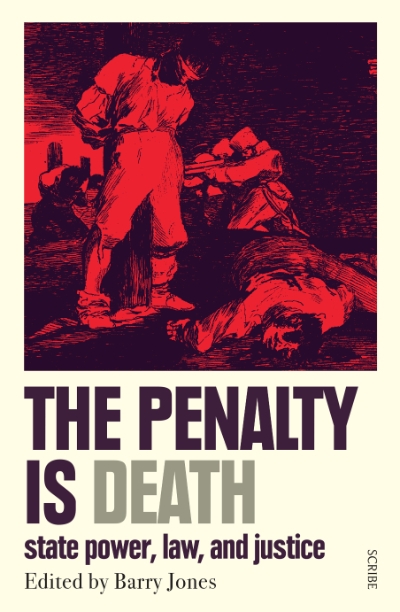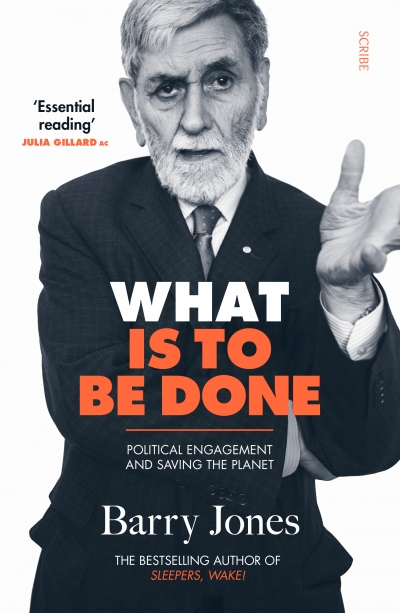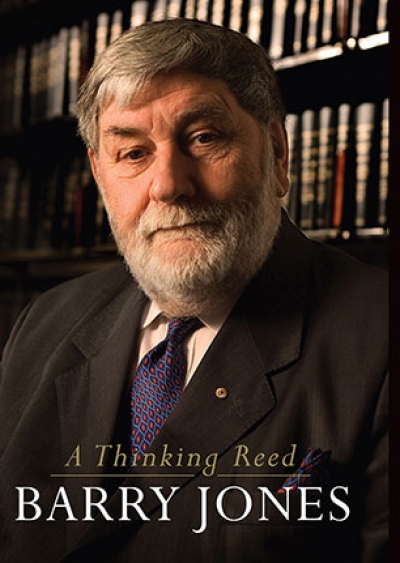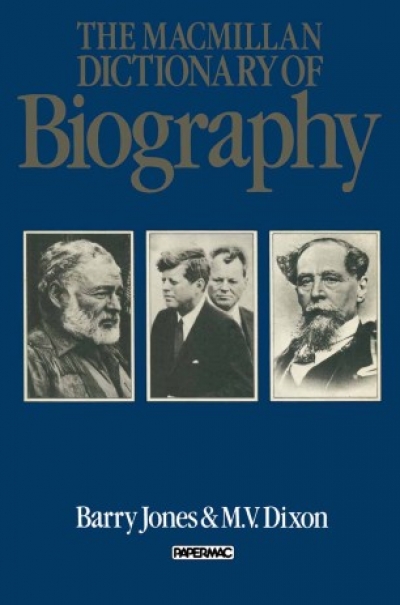Barry Jones
The Penalty Is Death: State power, law, and justice edited by Barry Jones
by Christopher Ward •
Letters to the Editor - March 2007
Dear Editor,
I welcomed Barry Jones’s feisty response (February 2007) to my review of his autobiography, A Thinking Reed (December 2006–January 2007). Such autobiographies, the reviews and the commentaries on them are the first drafts of history, and such debates will be valuable to later and more dispassionate historians. Apart from some sardonic barbs, which I may well deserve, he seems to have only one substantive quarrel with the review and that is with my critical assessment of his performance as science minister in the Hawke government.
... (read more)What Is to Be Done: Political engagement and saving the planet by Barry Jones
by Paul Morgan •
The Macmillan Dictionary of Biography by Barry Jones and M.V. Dixon
by Kevin Childs •




